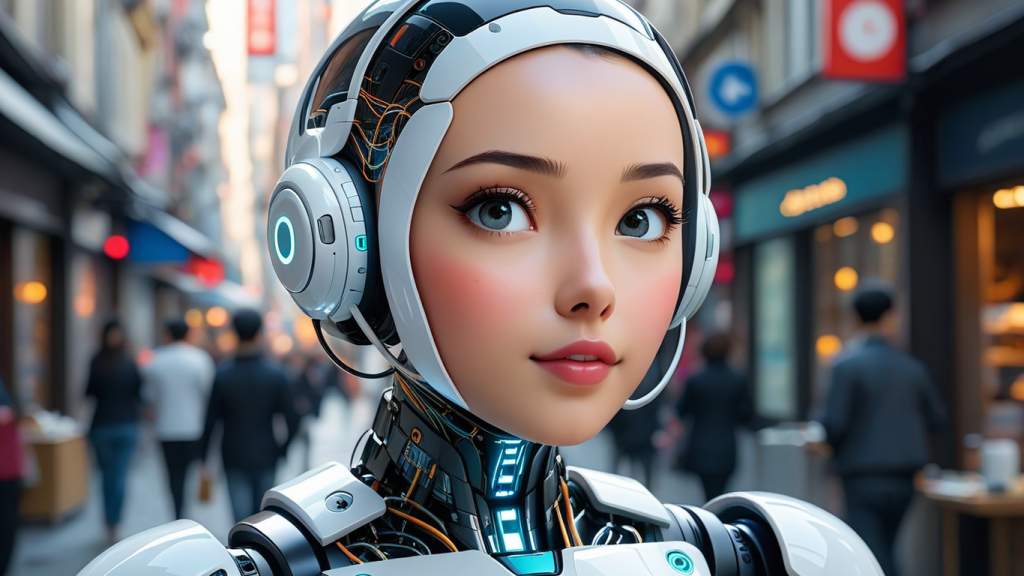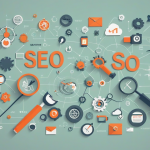Artificial Intelligence (AI) has become an integral part our everyday lives, transforming the way we interact with technology and perform daily activities. From personalized recommendations on streaming platforms to virtual assistants that help us schedule appointments, AI is impacting almost every aspect of our daily.
In this detailed informative article, we will explore the ways in which AI is revolutionizing our daily activities and the potential benefits and challenges that come with this transformation.
- AI in Entertainment
AI has revolutionized the entertainment industry, providing personalized recommendations based on user preferences viewing patterns. Streaming platforms like Netflix and Spotify use AI algorithms to suggest movies, TV shows, and music that users are likely to enjoy. This personalized recommendation system not only enhances the user experience but also helps these platforms retain users and increase engagement.
In addition to personalized recommendations, AI is also being used to create content. For example, AI-powered tools like DeepArt and DeepDream can generate artwork and music compositions, blurring the lines between human creativity and machine intelligence.
- AI in Health and Wellness
AI is revolutionizing the healthcare industry, enabling more accurate diagnosis and personalized treatment plans. AI-powered medical imaging systems can analyze medical images like X-rays and MRIs to detect abnormalities and assist healthcare professionals in making more accurate diagnoses. Additionally, AI algorithms can predict disease progression and recommend personalized treatment options based on a patient’s medical history and genetic profile.
In the realm of wellness, AI-powered wearable devices can track and analyze physical activity, sleep patterns, and other health metrics to provide personalized insights and recommendations for improving overall health and well-being. These devices can also alert users to potential health risks and encourage them to adopt healthier habits.
- AI in Communication and Productivity
AI-powered virtual assistants like Siri, Alexa, and Google Assistant have become indispensable tools for managing daily tasks and communication. These virtual assistants can schedule appointments, set reminders, answer questions, and perform a wide range of other tasks through natural language interactions. By simplifying routine tasks and automating repetitive processes, virtual assistants help users save time and increase productivity.
AI is also revolutionizing communication through natural language processing and machine learning algorithms. Chatbots powered by AI can simulate human conversation and provide instant responses to customer queries, improving customer service and reducing response times. AI-powered translation tools can break down language barriers and facilitate communication between people from different linguistic backgrounds.
- AI in Transportation
AI is transforming the way we commute, with advanced algorithms enabling self-driving cars and intelligent traffic management systems. Self-driving cars use AI algorithms to navigate roads, avoid obstacles, and make real-time decisions based on sensor data. These autonomous vehicles have the potential to reduce traffic congestion, lower accident rates, and provide greater mobility for people with disabilities or limited access to transportation.
In addition to self-driving cars, AI is also being used to optimize public transportation systems and reduce waiting times for commuters. Intelligent traffic management systems can analyze traffic patterns, predict congestion levels, and adjust signal timings to improve traffic flow and reduce travel times.
- Challenges and Ethical Considerations
While AI offers numerous benefits and opportunities for transforming daily activities, it also raises ethical and societal concerns. The increasing reliance on AI-powered systems raises questions about data privacy, security, and algorithmic bias. As AI algorithms become more sophisticated and autonomous, there is a risk of unintended consequences and potential misuse of AI technology.
There are also concerns about the impact of AI on the job market and potential displacement of human workers by automation. As AI technology continues to advance, it is essential to consider the implications of widespread adoption and ensure that AI systems are developed and deployed responsibly.
In conclusion, AI is transforming daily activities in various domains, from entertainment and healthcare to communication and transportation. While AI offers numerous benefits and opportunities for improving efficiency and enhancing user experience, it is essential to address the ethical and societal implications of AI technology to ensure its responsible deployment and mitigate potential risks.
By understanding the potential benefits and challenges of AI in everyday life, we can harness the power of AI technology to create a more efficient, innovative, and inclusive society. As AI continues to evolve and shape our daily activities, it is crucial to adopt a thoughtful and ethical approach to AI development and implementation to realize its full potential for positive change.



